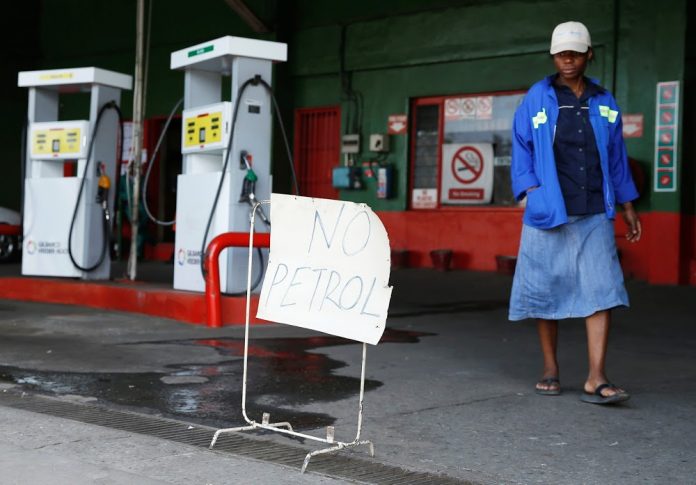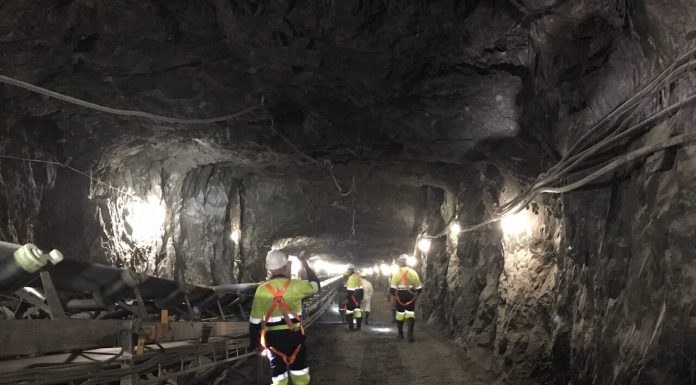Problem Masau
Sixty-two-year-old Tafireyi Zhou sits on top of a boulder while his right hand slowly caresses grey beard tufts. He wipes his oily face as he gasps for some fresh air.
He had just spent the last eight hours in a long que, trying to refuel his car at a gas station to no avail.
“I have been here for hours now and they are telling me that they have run out of fuel,” he said heading for cover under a tree shade just nearby, “It means that I have to join another queue and pray that I will refuel this time”.
Zhou, who is old school, does not have a mobile phone supported by WhatsApp and must drive around Harare’s CBD using the little petrol he has to look for a gas station with the precious liquid.
His case is different from Bernard Murape, a 28-year-old techno-savvy Harare resident, who uses social media to find fuel in Harare.
“I am on several fuel groups and if a member comes across a service station with fuel, he or she will immediately post. Social media is coming handy in helping people,” he says.
With no solution in sight for Zimbabwe’s deepening crisis, basic commodities are starting to disappear from supermarkets.
As such, Melody Murade, a house wife, has recently joined a basic commodity WhatsApp group.
“Most of the basic commodities are readily available in shops but it is difficult to get subsidized roller meal. So, this group is very helpful, you know which supermarkets have got the commodity,” she said.
Government introduced the subsidy to cushion consumers and major supermarkets across the country are selling 10kg roller meal packets for anything between $38 and $50.
Before the introduction of the subsidy, prices were ranging between $100 and $150.
However, because of the high demand of the commodity, it hardly stays in the supermarkets hence the need for WhatsApp groups.
Many people are turning to Information and Communication Technologies (ICTs) become increasingly useful and accessible in Zimbabwe.
The “netizens” are taking advantage of Zimbabwe’s mobile penetration which stands at more than 100 percent and internet access at 48 percent, according to researcher Henry Lancaster.
Nevertheless, Zimbabwe is still far from being competitive in harnessing the potential of ICTs compared to other countries in the world.
The 2016 Global Information Technology Report which measures countries performance include venture capital investment, political, regulatory environment, business and innovation, infrastructure and skills placed Zimbabwe on position 122 out of 139 countries










